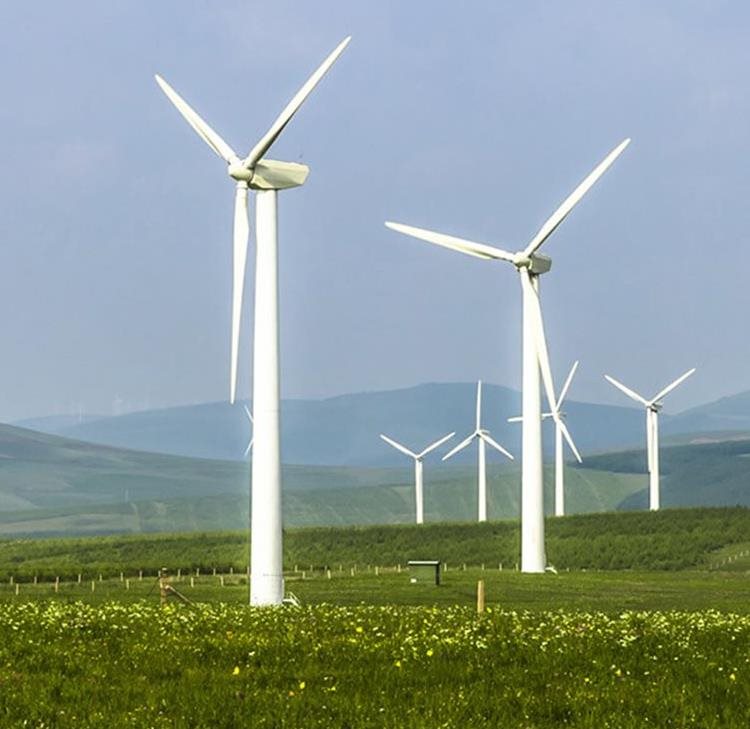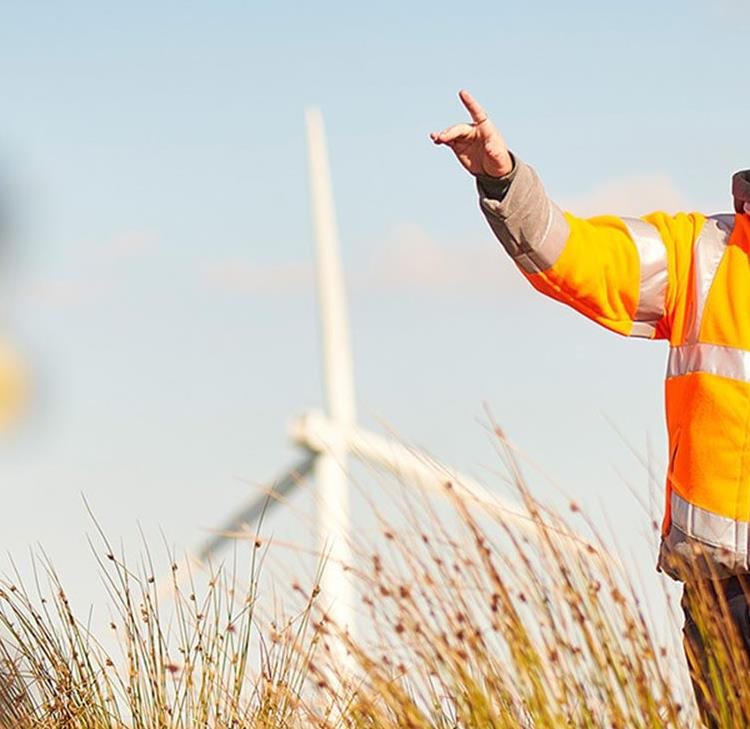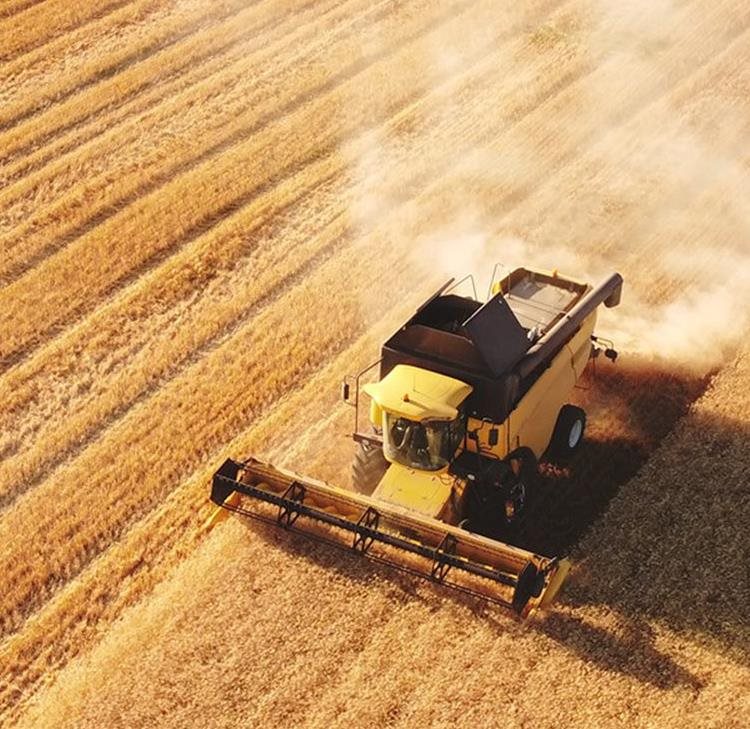Conservation newsletter - February 2019
Welcome to Browne Jacobson’s February 2019 conservation newsletter.
Welcome to Browne Jacobson’s February 2019 conservation newsletter.
News in brief
Government consults on drinks deposit return scheme
The Department for Environment, Food and Rural Affairs (Defra) has announced a consultation which proposes an incentive to return single use drinks containers. Glass, metal and single use plastics are envisaged to come under the remit of a deposit return scheme.
The scheme has the potential to recycle approximately three billion plastic bottles which are either dumped in the environment to pollute marine life, the countryside and urban areas or sent to landfill. The cost of deposit will be added to the total price of the drink when it is bought and will be redeemable against the container at the designated place of return.
Countries operating similar schemes have seen a high return rate. The most successful schemes can be found in Denmark, Finland, Germany, Norway, the Netherlands and Sweden with rates of 90%, 92%, 98%, 92% and 85% respectively.
The consultation contemplates two approaches. One idea is an all-encompassing scheme for all drinks containers regardless of their size using the “all-in” model. Alternatively, an “on-the-go” model would only apply to containers with a capacity of 750ml or less which are purchased “on the go” outside of the home.
This consultation runs alongside four other consultations designed to encourage responsible producer and consumer behaviour for packaging waste. Defra are also considering:
- Reforming the packaging producer responsibility;
- Plastics packaging tax; and
- Making collection schemes across household and business recycling more consistent.
The Government will conclude the consultation on 13 May 2019, at which point it will concurrently consider responses from all of the linked consultations.
Director faces penalties for his silence in waste investigation
A director, Craig Hands (CH), of Warwickshire Wood Chip Ltd was a waste broker identified in an illegal waste investigation across the south east.
After failing to supply information to assist with enquiries and holding up the investigation, he was ordered to pay £2,710 costs and a victim’s surcharge of £120 at Peterborough Magistrates’ Court on 22 January 2019.
There was a history of excuses and failures to provide information stemming from as far back as July 2018.
The Environment Agency took CH to court under section 110 (2)(b) of the Environment Act 1995. Between 19 July 2018 and 20 October 2018 CH failed to provide assistance or any information or to permit any inspection reasonably required by an authorised person in the execution of his powers under section 108 of the Environment Act 1995.
CH entered a guilty plea early on in proceedings and was remorseful of his offence.
Phil Henderson, Environment Agency crime team leader, said:
“This case goes to show that you cannot ignore the law and the people whose job it is to enforce it. We will take action when people deliberately hold up our investigations and others should take note of this.”
The UK leads the way on global grand challenges
International research partnerships will pave the way for the UK to be at the forefront of tackling global grand challenges, according to the government. Projects on topics such as ocean pollution, developing the next generation of eco-friendly packaging, security of food supply and controlling infectious diseases are being led by UK universities. The Government has provided £279 million pounds worth of investment for 28 projects emanating from support for the Industrial Strategy which plans to support growth, jobs and opportunity in the UK. Other partnering economies include the USA, Canada, Japan and Republic of Korea.
UKRI Chief Executive Sir Mark Walport states “From tackling climate change to preventing and treating infectious diseases, the search for knowledge is a global endeavour that requires collaboration between the world’s best minds.”
Taking a closer look
How do policymakers face the ‘age of environmental breakdown’
The Institute for Public Policy Research (the Institute) has recently published a report which considers how policy can face up to the level of human-induced environmental impact occurring on an ‘unprecedented scale’.
A binding legacy for future landowners: Conservation Covenants
The Government has launched a consultation to consider the introduction of 'Conservation Covenants'. The proposals could result in new legal safeguards to take action against landowners in order to protect nature or heritage sites.
Case law
R. (on the application of Cleansing Service Group Ltd) v Environment Agency
This case relates to the interpretation of the Environmental Permitting (England and Wales) Regulations 2016, SI 2016/1154 (the 2016 Regulations). The Claimant operated in the transport, deposit and disposal of sludge. The Claimant was exempt from holding an environmental permit in relation to its activities pursuant to para 3 of s 2 of Ch 5 of Sch 3 of the 2016 Regulations which stated that a permit was not required for the storage of sludge (the S3 exemptions).
In 2016, the Environment Agency advised that the s3 exemption only allowed the storage of sludge such that no treatment should take place until a permit had been issued. The Claimant filed a claim for judicial review of the decision to interpret the exemption in this way.
The question at issue was whether the 2016 Regulations required any activity that would constitute the treatment of waste to have a permit. The Claimant contended that the S3 exemption authorised not just storage but also the screening out of debris immediately prior to storage and the storage of that debris on site.
The Court found that the screening did not fall under the S3 exemptions, holding that:
- 'Sludge' under both the Sludge Directive and the Sludge Use in Agriculture Regulations did not include debris;
- Residual Sludge under the S6 exemption related to sludge that was in a condition ready to be used in accordance with regulations; and
- Storage under the S3 exemption did not include any form of treatment.
R. (on the application of Shirley) v Secretary of State for Housing, Communities and Local Government
The Claimant in this case is a resident of Canterbury which has been designated as an AQMA due to high levels of NO2 pollution. The local authority proposed to grant planning permission for a major residential development in accordance with its Local Plan. The planning application included an Air Quality Assessment (AQA) of both the city centre and proposed site which concluded NO2 threshold levels would not be exceeded. The local authority also obtained an expert report which came to similar conclusions.
The Secretary of State for Communities and Local Government refused to call in the planning application and left the final decision to the local authority. The Claimant applied for judicial review of the Secretary of State’s decision not to call in the application. The High Court dismissed the application in September 2017 and the Claimants appealed.
The Court of Appeal found that neither Directive 2008/50 nor the Air Quality Standards Regulations 2010 required the secretary of state to take any further steps to remedy a breach of the limit values imposed by art.13, beyond ensuring the preparation and implementation of an air quality plan pursuant to art.23. He was under no duty as a "competent authority" within art.3 to exercise his powers in any particular way, such as by calling in a planning application for his own determination pursuant to the Town and Country Planning Act 1990 s.77.
Legislation
The Merchant Shipping (Prevention of Oil Pollution) Regulations 2019 (SI 2019/42)
These regulations came into force on 1 March 2019 and update the UK’s transposition of Annex 1 (Regulations for the Prevention of Pollution by Oil) of the International Convention for the Prevention of Pollution from Ships, 1973 (MARPOL Convention).
They amend the operational requirements, design and construction standards and the regulation of oil discharges. They have the potential to capture discharges from certain UK ships which have caused or have the potential to cause pollution in both British and foreign waters. They also regulate non-UK ships in British waters. They follow the Government’s consultation which took place in June 2018.
Electricity Works (Environmental Impact Assessment) (England and Wales) (Amendment) (Wales) Regulations 2019 (SI 2019/292 (W. 70))
These regulations will come in force n 1 April 2019, and amend the Electricity Works (Environmental Impact Assessment) (England and Wales) Regulations 2017.
Applications made on or after 1 April 2019 under sections 36 and 36C of the Electricity Act 1989 relating to generating stations (or proposed generating stations) in Welsh waters which have or will have a capacity not exceeding 350 megawatts, are to be made by Welsh Ministers. “Welsh waters” means so much of the internal waters and territorial sea of the United Kingdom as are adjacent to Wales and the Welsh zone. “Welsh zone” has the meaning given in section 158 of the Government of Wales Act 2006.
Town and Country Planning (Environmental Impact Assessment) (Wales) (Amendment) Regulations 2019 (SI 2019/299 (W. 76))
These regulations, which come into force on 1 April 2019, substitute the saving and transitional provisions in paragraphs (2) to (6) of regulation 65 of the Town and Country Planning (Environmental Impact Assessment) (Wales) Regulations 2017.
These Regulations also amend Schedule 2 to the 2017 Regulations to add the installation of certain overhead electric lines. The effect of this amendment is that an environmental impact assessment may need to be undertaken in respect of such development before planning permission is granted.









































